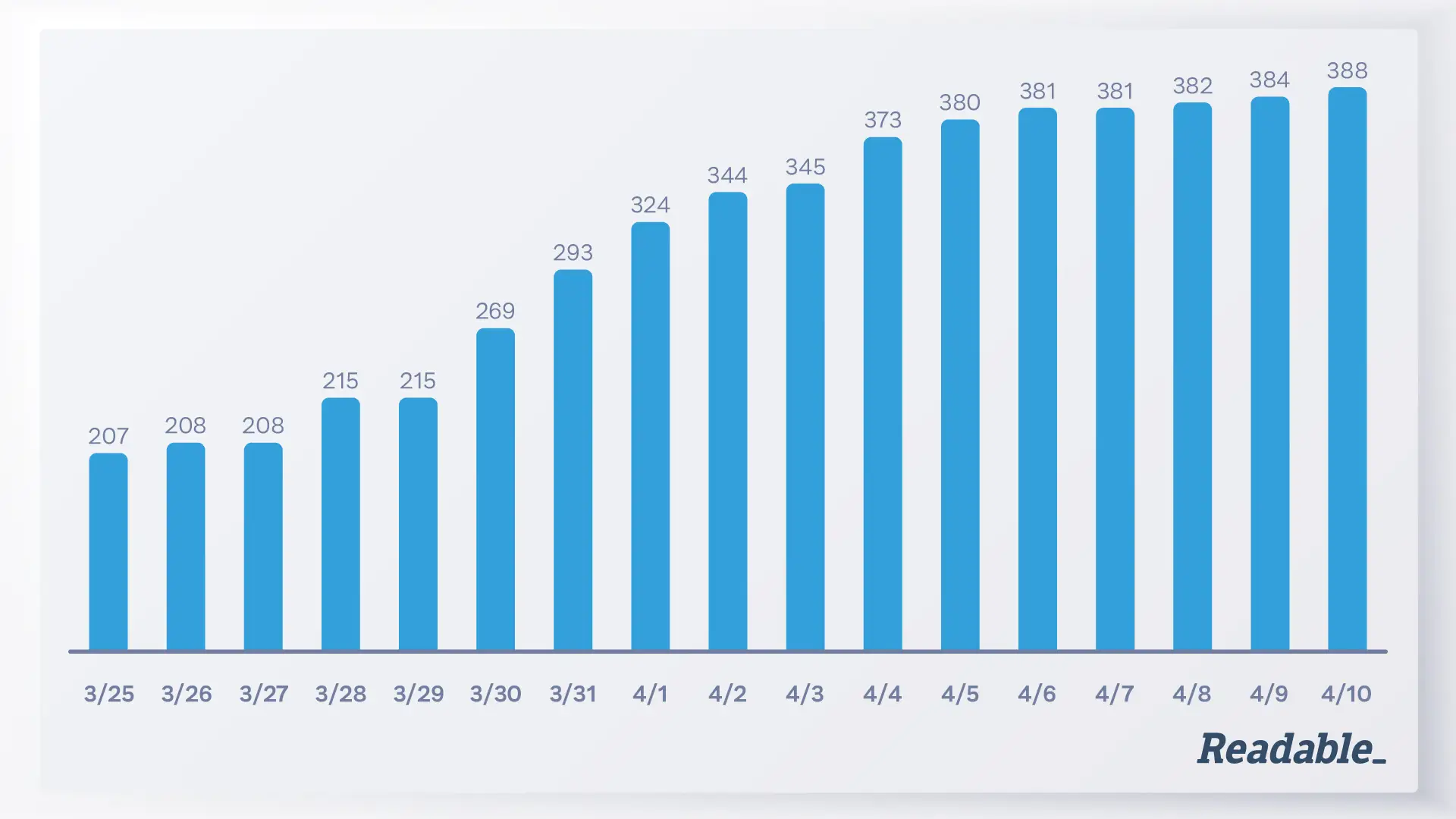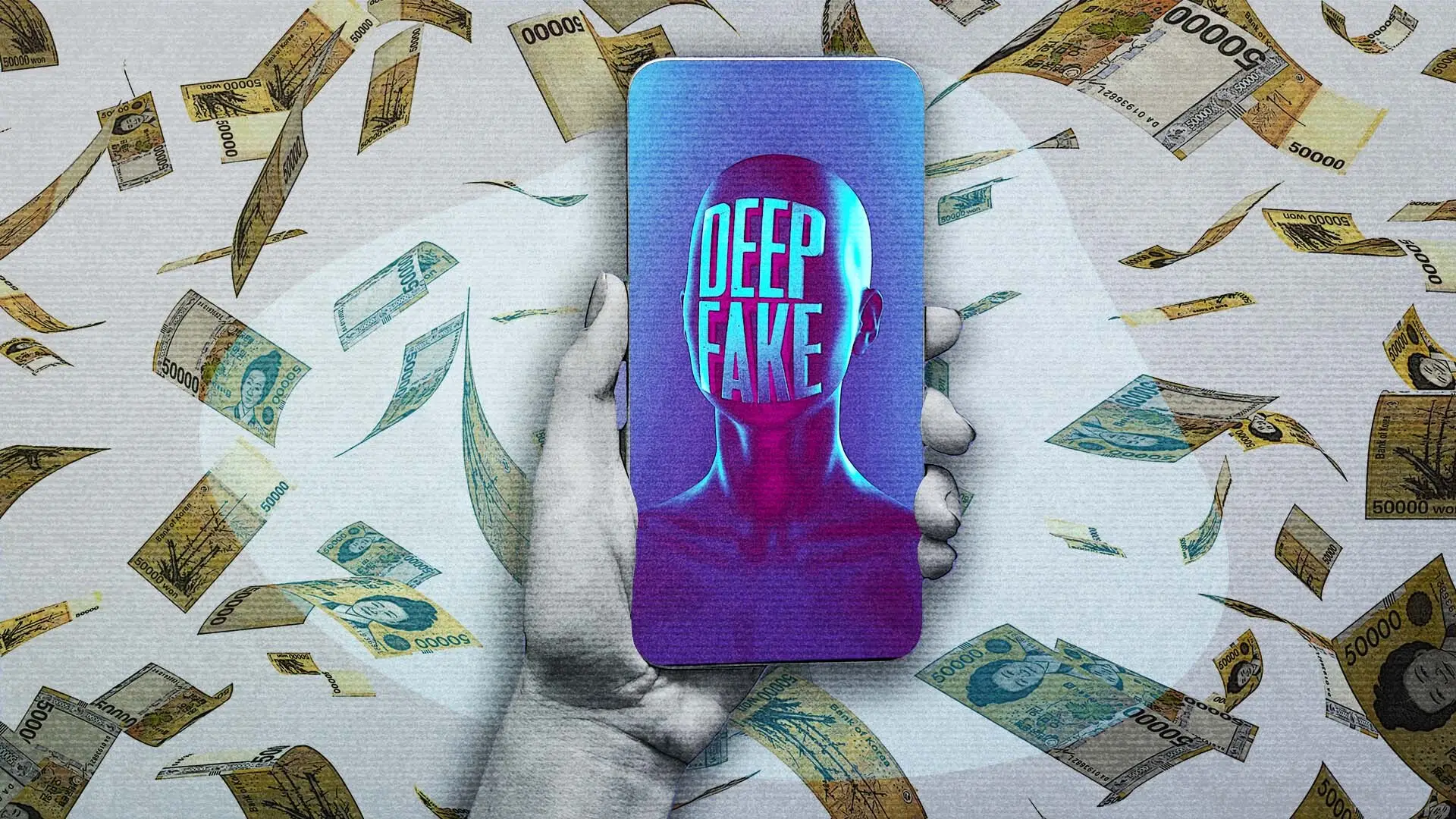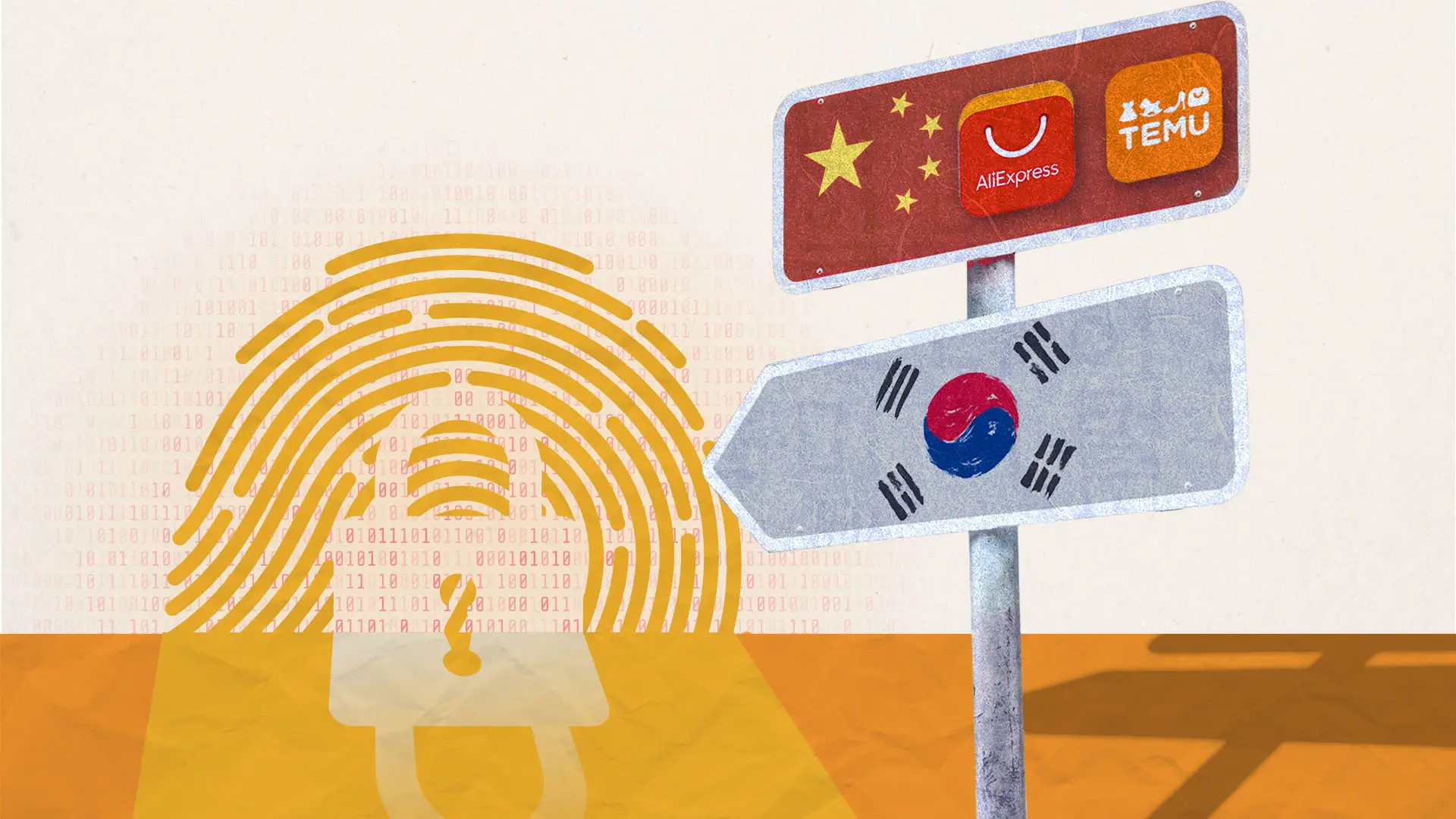“Weekend Briefing” is a weekly newsletter sent to subscribers of The Readable every Friday. Our journalists select important news items from the previous week on topics ranging from privacy to policy development in cybersecurity, all to help you stay abreast of the latest breaking issues. And not only is this provided free of cost to our subscribers, but the briefing contains new content exclusive to subscribers, such as our insightful industrial reports.
“As truth is undermined, the risk of domestic propaganda and censorship will also rise in turn. In response to mis- and disinformation, governments could be increasingly empowered to control information based on what they determine to be ‘true.’”
This statement was taken from a Global Risks Report published by the World Economic Forum earlier this year. According to its perception survey, misinformation and disinformation are ranked as the most severe risks facing the world over the next two years. Notably, the WEF categorizes this issue as a technological risk, rather than a societal or geopolitical one.
Over the past few months, The Readable has extensively covered issues related to fake news and election security, driven by an understanding of their significance which agrees with that of the quote. The growing presence of artificial intelligence, which is aiding unexpected and unprecedented incidents to occur with increasing frequency, is intensifying such concerns. This week’s briefing includes numerous stories detailing such events. Additionally, in this newsletter readers will find an interactive article investigating a Chinese influence campaign, reported by Kuksung Nam and technically supported by Sangbae Han.
This is Dain Oh reporting from South Korea, and here is your weekend briefing.
1. Security in numbers: 388 deepfakes appeared in South Korean elections

In December of last year, South Korea amended the Public Official Election Act to safeguard the nation from potential harm that artificial intelligence might pose to upcoming elections.
The newly instituted Article 82-8 of the law states, “No one may produce, edit, distribute, screen, or post deepfake videos for election campaigning purposes from 90 days before election day to election day itself.” This prohibition took effect on January 29.
Furthermore, in preparation for the parliamentary elections on April 10, the National Election Commission (NEC) expanded its special response team for false information to include an AI detector team.
A week has passed since the elections concluded. The Readable has compiled public data released by government agencies that played a crucial role in safeguarding the integrity of the elections. Kuksung Nam and Minkyung Shin contributed to this report. READ MORE
2. Middle schoolers face investigation after fabricating inappropriate images of teachers and classmates

On Tuesday, South Korean police began investigating two minors accused of creating and circulating inappropriate content featuring their classmates and teachers. The investigation is focused on determining whether the students used artificial intelligence technology to generate the inappropriate images.
The Ulsan Metropolitan Police have reported that the minors are accused of manipulating the facial images of female classmates and teachers to fabricate sexually explicit content without their consent. The students, whose ages and names have not been disclosed, allegedly viewed this content in classrooms and shared it via online messaging applications. Approximately 10 individuals have been identified as victims of these violations.
The investigation was initiated after a school in Ulsan, a southeastern harbor city in South Korea, reported the incident to the police. “We are currently examining whether the materials were produced using deepfake technology or through simpler methods of fabrication,” stated an official from the Ulsan Metropolitan Police. Due to the involvement of minors, the police refrained from disclosing specific details about the charges, highlighting the need for discretion in handling such cases. READ MORE
3. [Interactive News] A glimpse inside a Chinese influence campaign: How bogus news websites blur the line between true and false

READ OUR FIRST INTERACTIVE STORY HERE
4. Celebrity deepfakes: High-stake investment scams target South Korea

Scammers are using deepfake videos—artificial intelligence-altered clips that make people appear to say or do things they did not—to impersonate South Korean celebrities, misleading individuals into fraudulent investment schemes.
The Korea Communications Standards Commission announced on April 9 that financial fraud involving deepfake technology is on the rise across the country. The government agency is actively developing countermeasures to combat these crimes, focusing on enhanced detection methods and stricter regulations to prevent further exploitation.
The latest investment scams of this type involve fraudsters using deepfake technology to impersonate celebrities or investment experts. They distribute advertisements promising high returns on social networking platforms like Facebook, Instagram, and YouTube. The targeted victims are then directed to messaging applications, where they are further lured into fraudulent investment schemes. READ MORE
5. South Korea urges AliExpress, Temu to comply with privacy laws

The South Korean government has urged major Chinese online marketplaces to comply with the nation’s privacy laws.
On Thursday, officials from the Personal Information Protection Commission (PIPC) and the Korea Internet & Security Agency (KISA) met in Beijing with representatives from the Internet Society of China (ISC). The ISC, a prominent internet industry group composed of over four-hundred member companies, hosted the gathering. Approximately 10 Chinese companies, including e-commerce giants AliExpress and Temu, attended the meeting. During the discussions, South Korean authorities stressed the importance of Chinese companies adhering to South Korean privacy laws when operating within their jurisdiction.
Choi Jang-hyuk, the vice chairperson of the PIPC, detailed South Korea’s privacy laws, emphasizing the provisions that international businesses must follow when operating within the country. He urged Chinese companies to protect the data of South Korean users as diligently as they do their Chinese clients’ information. The PIPC disclosed to The Readable that both the ISC and the attending e-commerce firms agreed to strive toward compliance with South Korean privacy regulations. READ MORE
6. Teenager appeals conviction for hacking teachers’ exam answers

A 19-year-old youth found guilty of hacking into teachers’ laptops to steal examination papers and answers to test questions has appealed a court ruling that sentenced him to a hefty 12 to 18 months in prison.
On Wednesday, the Gwangju District Court conducted its first appeal hearing, addressing the case of a teenager sentenced to 12 to 18 months of incarceration by a lower court ruling handed down one year ago. Under the country’s Juvenile Act, which permits both long-term and short-term incarceration for offenders under 19 years of age, law enforcement has the authority to conclude the sentence after the defendant has served the minimum required time, provided appropriate adjustments are made. READ MORE
More stories this week…
7. [Europol] International investigation disrupts phishing-as-a-service platform LabHost
8. [Forbes] Russia’s 2024 election influence campaign has started, Microsoft analysis finds
9. [Mandiant] APT44 report: Russia’s notorious cyber sabotage unit sandworm
10. [Reuters] FBI says Chinese hackers preparing to attack US infrastructure


